Synodical Council reviews blessings, makes plans
The Synodical Council (SC) held its November meeting via video conference on Fri., Nov. 6. The SC welcomed six new members: Mr. Pete Aisbet (Southeastern Wisconsin lay representative); Rev. Mark Gabb (chairman of the Board for Home Missions), Mr. Jake Lemke (Western Wisconsin lay representative), Mr. Tom Plitzuweit (teacher-at-large), Mr. Chip Woods (Nebraska lay representative), and Mr. Kyle Egan (WELS chief financial officer).
The president’s report included the following:
- A reminder of the many continuing blessings of God even in a very challenging and difficult time. God permitted us to find creative ways to continue worship and to educate our children.
- God enabled his people to continue their faithful support of their congregations and the synod with their thank offerings.
- Enrollment at our synodical schools was only minimally affected by the pandemic.
- Home Missions was able to open or restart five mission congregations.
- World Missions continued to adjust proactively to new realities and to address new opportunities.
The Synodical Council adopted the draft proposal for the synod’s Ministry Financial Plan for the coming biennium. The plan calls for a 2% increase in spending and called worker compensation in each of the next two years. The plan will be reviewed again in February, and once it is given final approval it will be forwarded to the synod convention next July.
The SC had planned to implement changes to the synod’s pension plan in 2020 if district conventions in 2020 indicated strong support. Since the district conventions were not able to be held, the SC is now planning to bring its recommendation to the 2021 synod convention. The SC will still have the opportunity to make changes to its recommendation in February if necessary, but for now the original recommendation shared with the synod in 2020 remains in place.
Congregation Mission Offerings for the fiscal year that ended June 30 totaled $21.4 million, which was $467,000 higher than planned and $353,000 more than the prior year. Those increased offerings and the $750,000 in lower-than-planned expenditures combined to enable WELS to end the year in a better-than-expected financial position. The financial position of the four synodical schools, WELS Church Extension Fund, WELS Foundation, WELS Investment Funds, and Northwestern Publishing House also improved significantly. The financial blessings continue as Congregation Mission Offerings for the year have increased 2% over the prior year.
Rev. Dan Sims, director of WELS Christian Aid and Relief, reported that his goal is to ensure the policies and procedures of WELS Christian Aid and Relief are clearly articulated. He also reported that plans have begun to train WELS members and congregations how to work together to provide help in times of disasters. He is also developing devotional materials to be used by those affected by disasters.
The Synodical Council will meet next in February 2021.
Serving with you in Christ,
WELS President Mark Schroeder

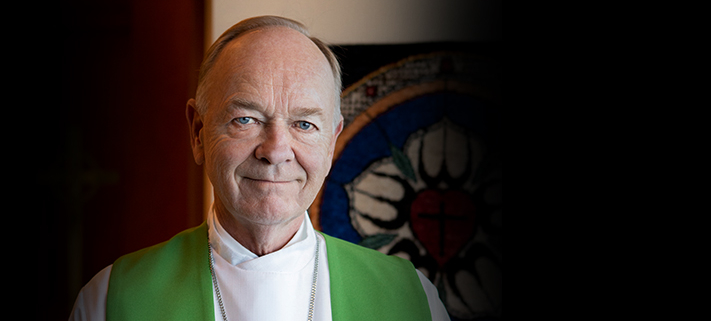

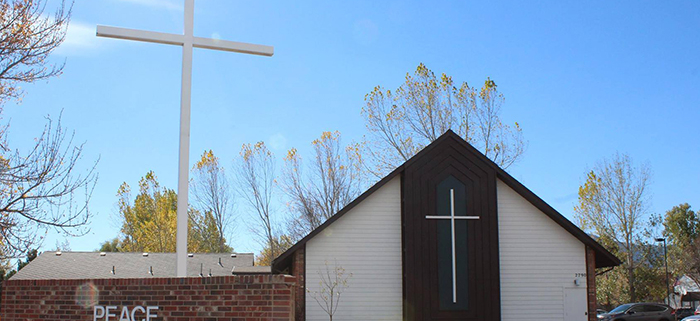
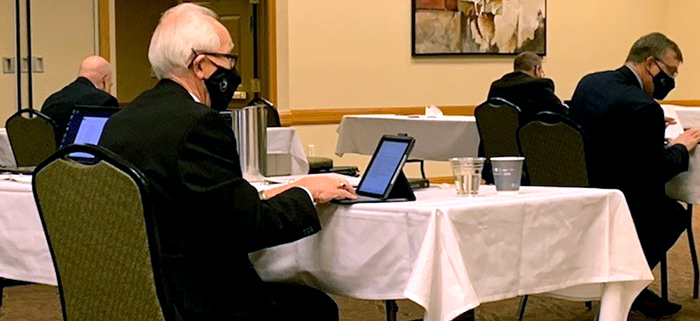
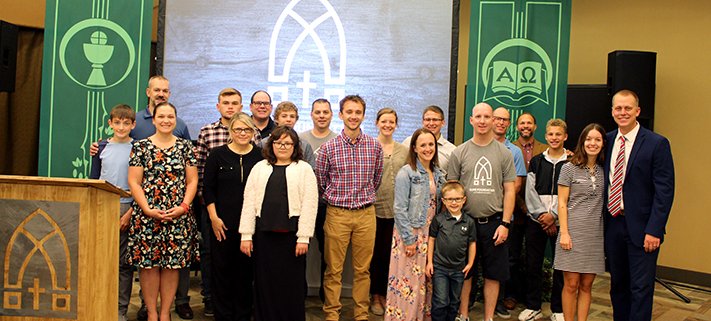
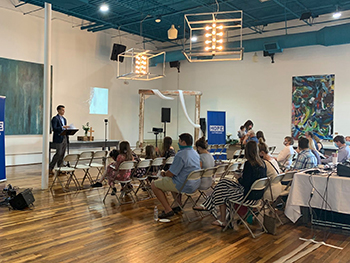 On Sept. 13, Hope, Houston, Texas, held its opening service in a local dance studio. WELS Board for Home Missions authorized funding for this new mission in a growing urban neighborhood in Houston in May 2019. Rev. Andrew Nemmers was assigned to serve the congregation, which is made up of a dedicated group of core members that have been meeting monthly for Bible study since 2015.
On Sept. 13, Hope, Houston, Texas, held its opening service in a local dance studio. WELS Board for Home Missions authorized funding for this new mission in a growing urban neighborhood in Houston in May 2019. Rev. Andrew Nemmers was assigned to serve the congregation, which is made up of a dedicated group of core members that have been meeting monthly for Bible study since 2015.
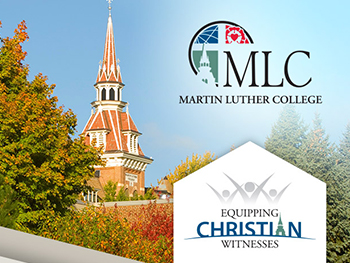 Now, after 25 years, these questions have been answered. And, we thank God that they have been answered in a way that demonstrates God’s rich blessings on this school and on our synod. Today, 25 years later, Martin Luther College (MLC) has been embraced and supported by the people of our synod as OUR WELS college of ministry. Enrollment at MLC continues to be strong, with our WELS young people attending in good and consistent numbers to prepare for a lifetime of service in the church. The pastor track continues to produce young men who are well prepared for continuing at Wisconsin Lutheran Seminary, Mequon, Wis.; the teacher and staff ministry programs produce graduates who are well qualified to serve in our synod. Having future pastors, teachers, and staff ministers studying and working together on one campus builds relationships that will last a lifetime.
Now, after 25 years, these questions have been answered. And, we thank God that they have been answered in a way that demonstrates God’s rich blessings on this school and on our synod. Today, 25 years later, Martin Luther College (MLC) has been embraced and supported by the people of our synod as OUR WELS college of ministry. Enrollment at MLC continues to be strong, with our WELS young people attending in good and consistent numbers to prepare for a lifetime of service in the church. The pastor track continues to produce young men who are well prepared for continuing at Wisconsin Lutheran Seminary, Mequon, Wis.; the teacher and staff ministry programs produce graduates who are well qualified to serve in our synod. Having future pastors, teachers, and staff ministers studying and working together on one campus builds relationships that will last a lifetime.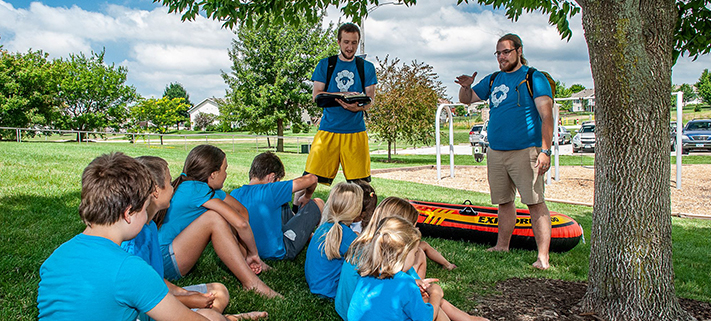
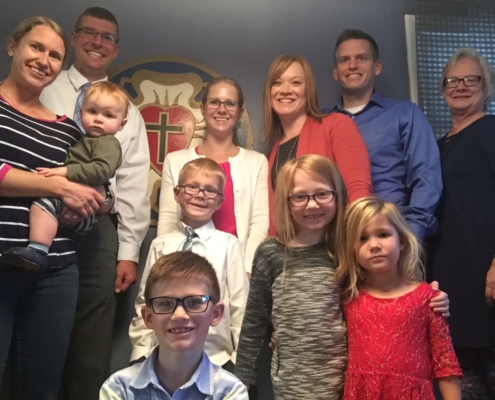
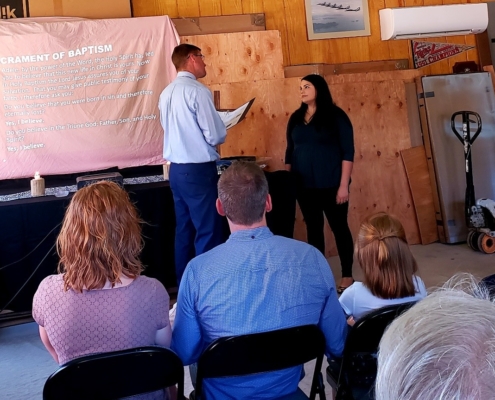
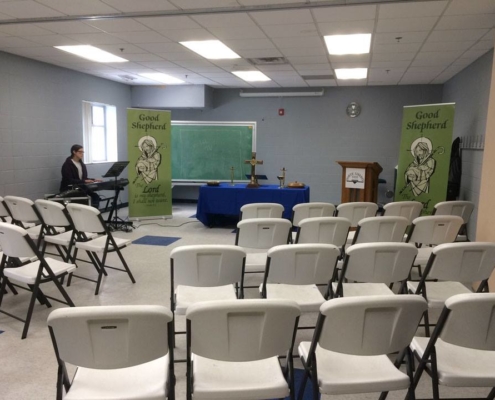
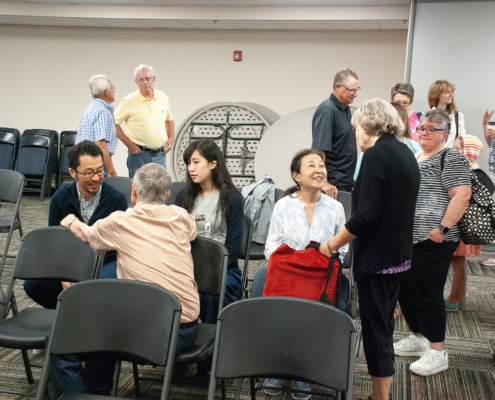
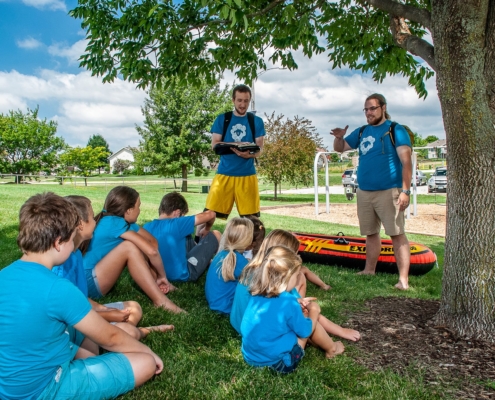
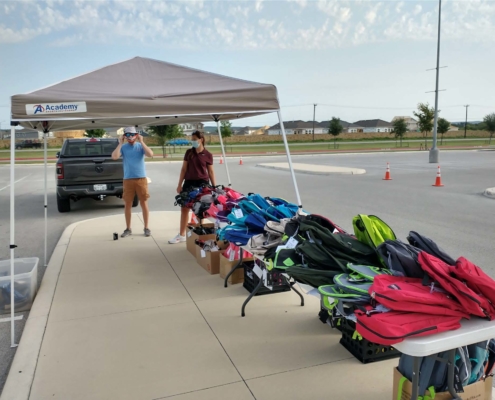
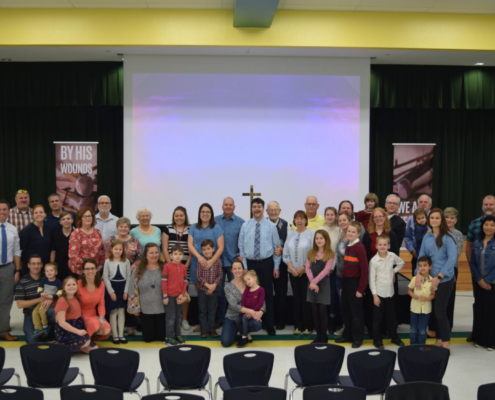
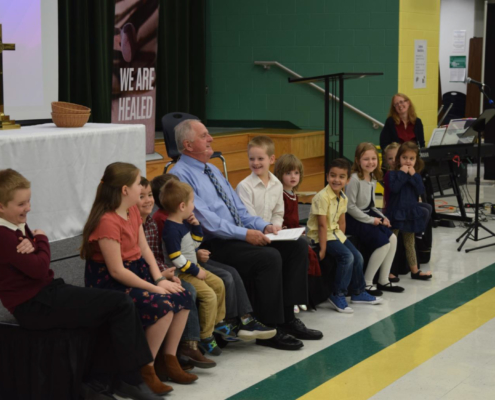

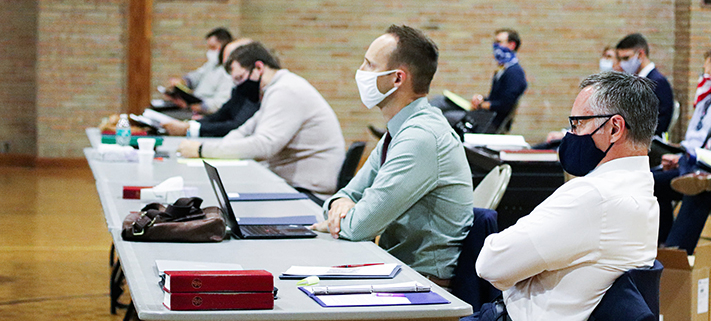

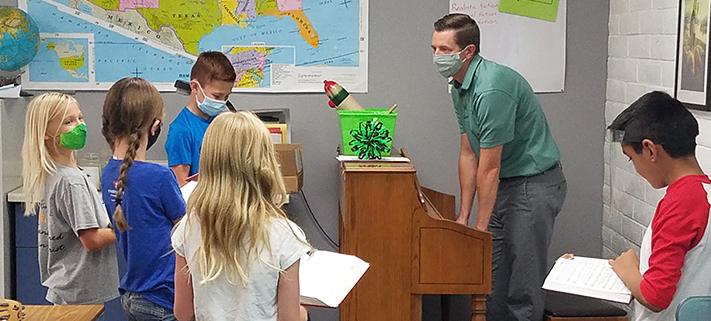

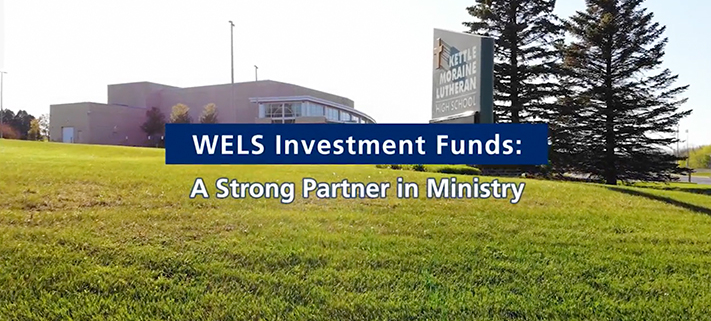

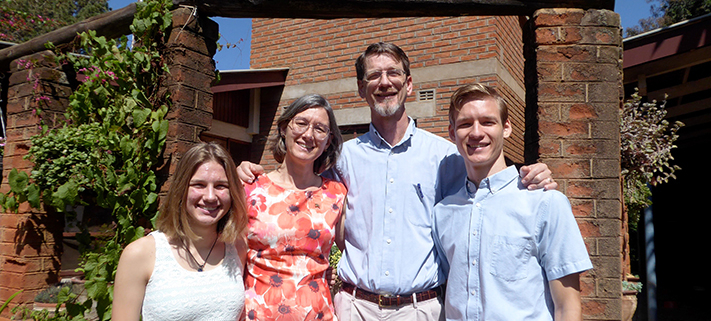


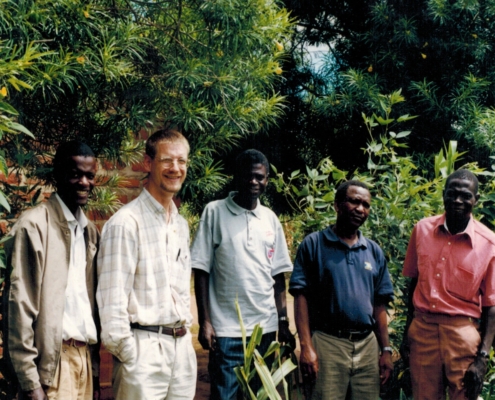

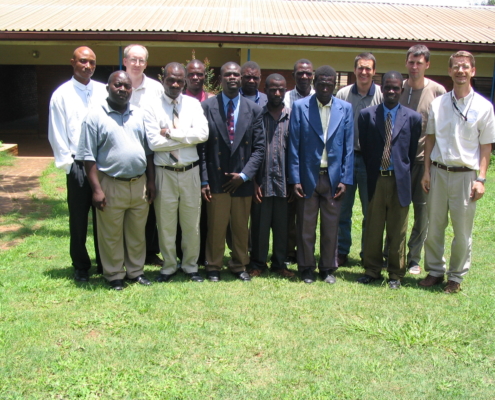
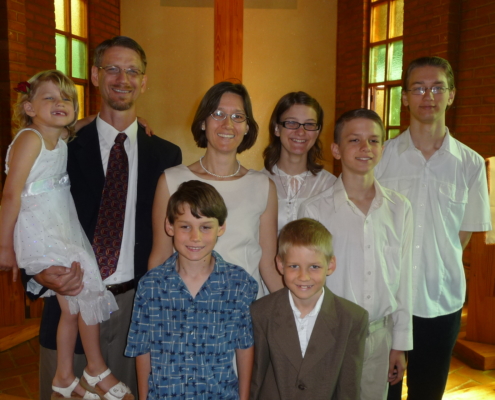
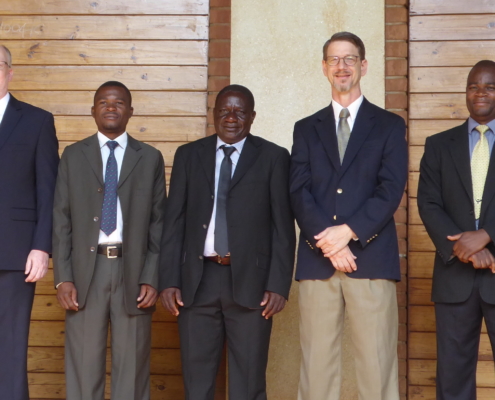
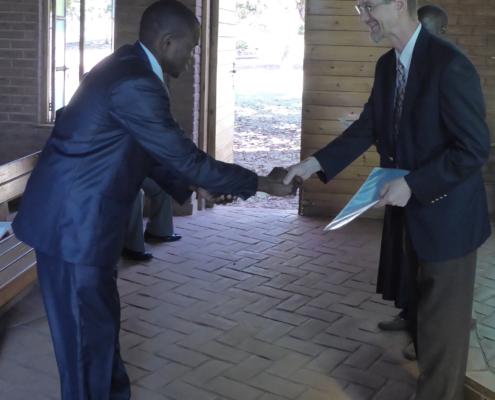
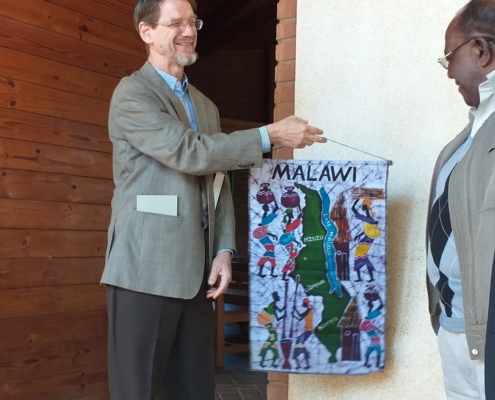
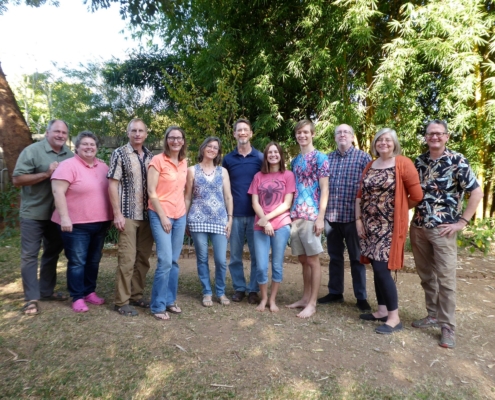
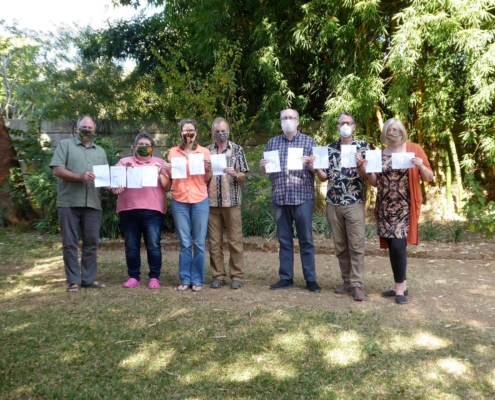
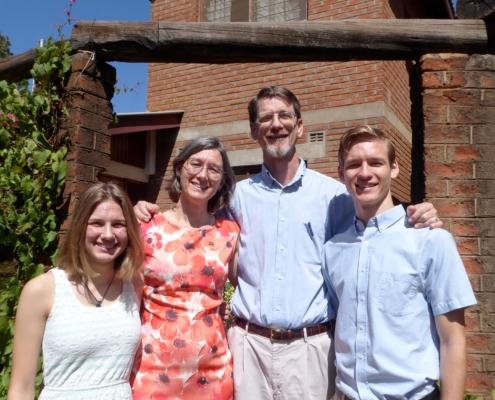
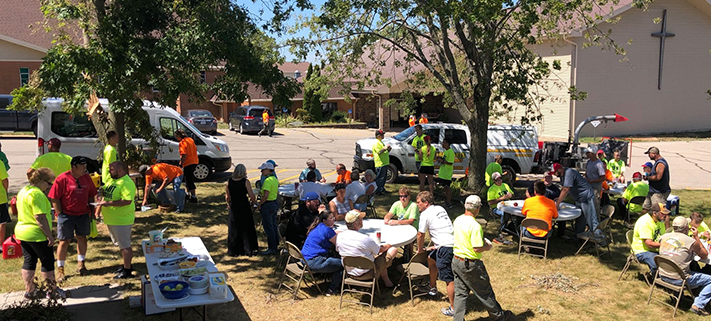
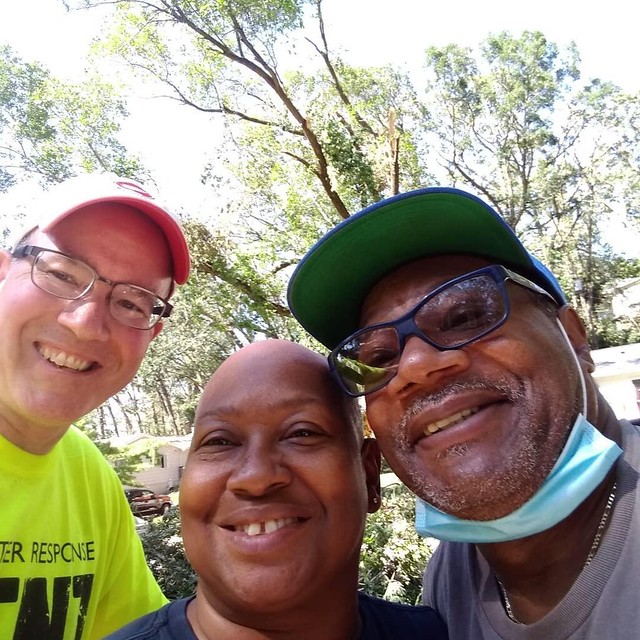

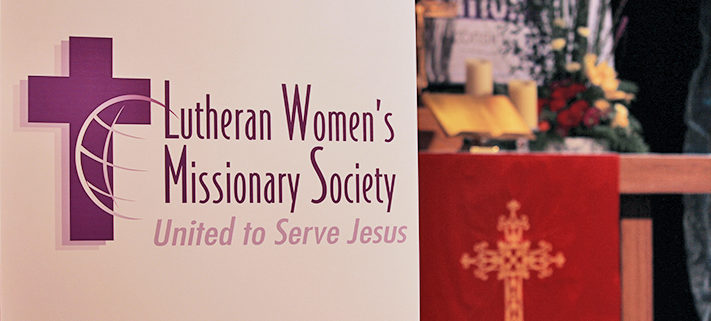
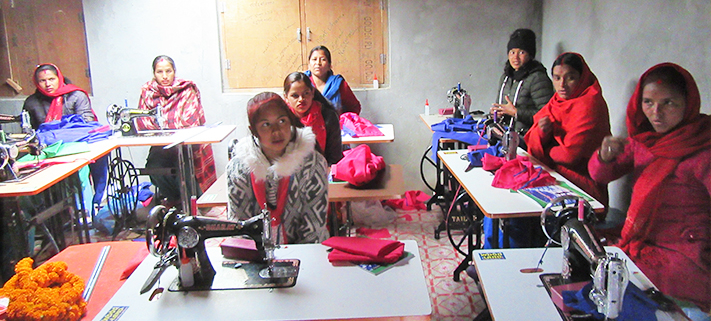
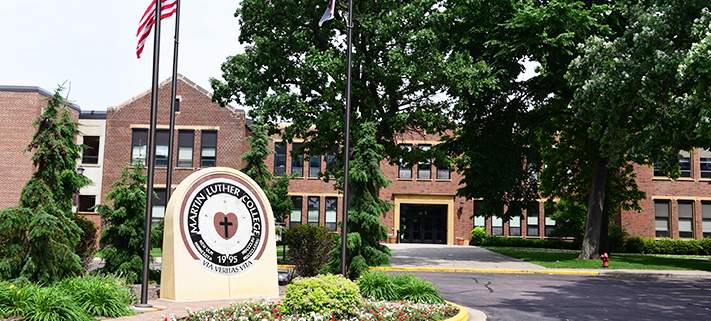
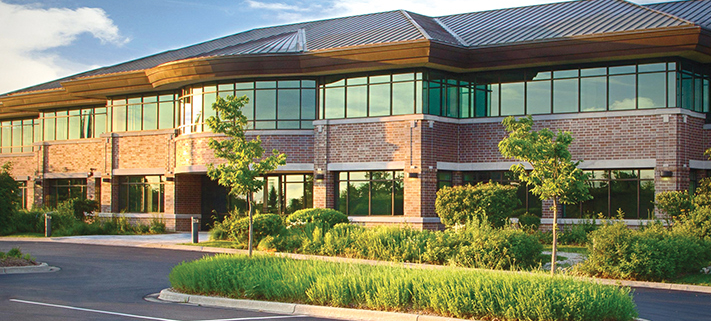
 Patterson will be responsible for overseeing the WELS School Accreditation (WELSSA) program. He came to the CMM from Wisconsin Lutheran School, Racine, Wis., where he served as principal for eight years. Prior to serving at Wisconsin Lutheran School, he served as a principal and teacher at Peace, Sun Prairie, Wis., and Christ, Zumbrota, Minn.
Patterson will be responsible for overseeing the WELS School Accreditation (WELSSA) program. He came to the CMM from Wisconsin Lutheran School, Racine, Wis., where he served as principal for eight years. Prior to serving at Wisconsin Lutheran School, he served as a principal and teacher at Peace, Sun Prairie, Wis., and Christ, Zumbrota, Minn.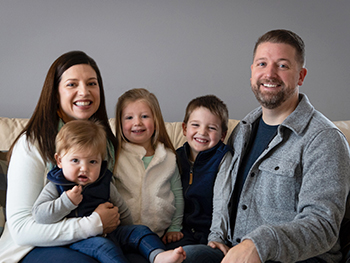 As CFO, Egan will be responsible for overseeing the synod’s finances. He is a member at Bethlehem, Germantown, Wis., with his wife Janet and three young children.
As CFO, Egan will be responsible for overseeing the synod’s finances. He is a member at Bethlehem, Germantown, Wis., with his wife Janet and three young children.